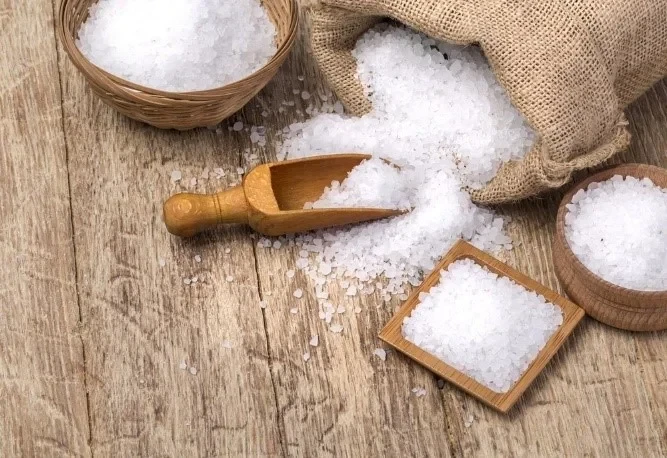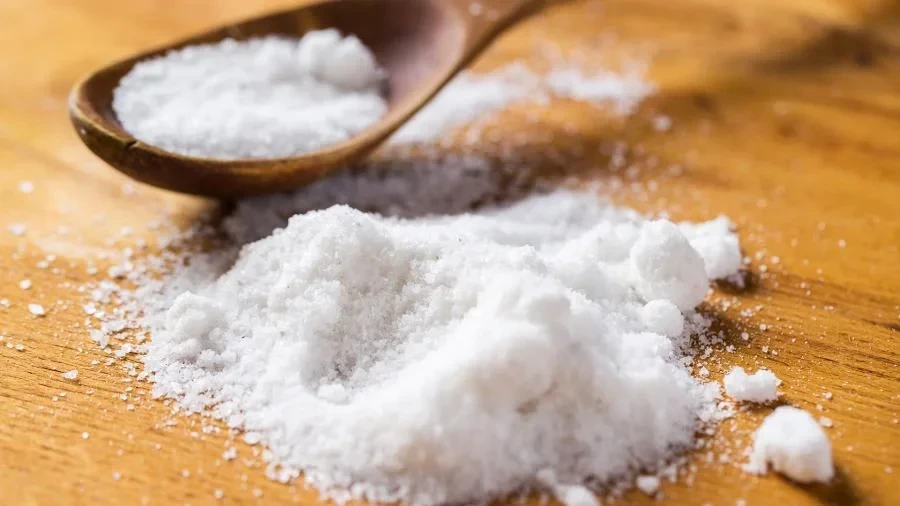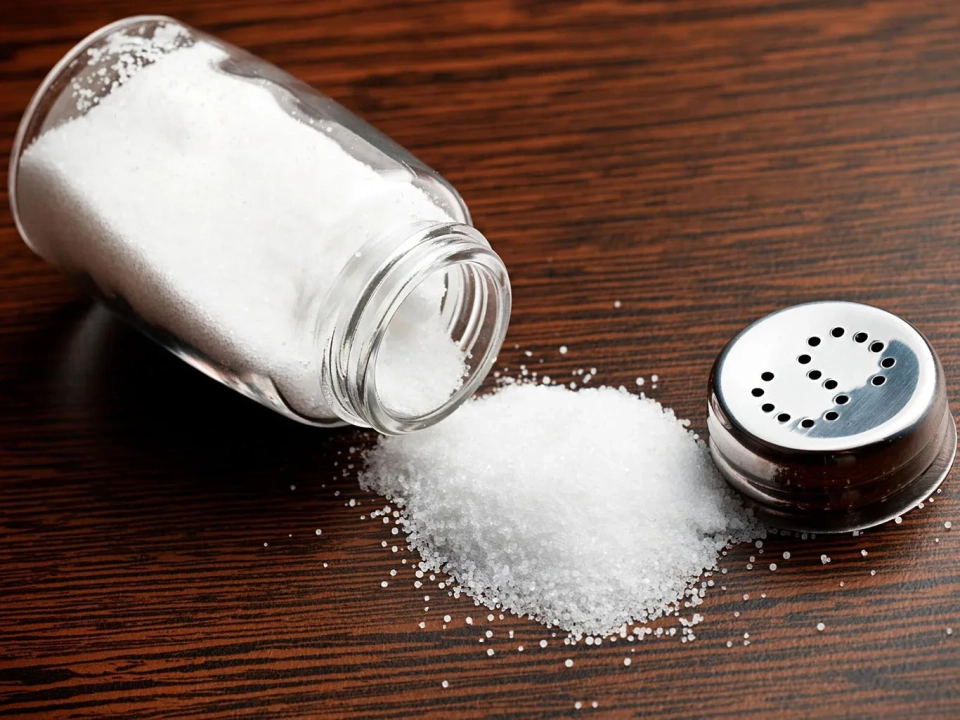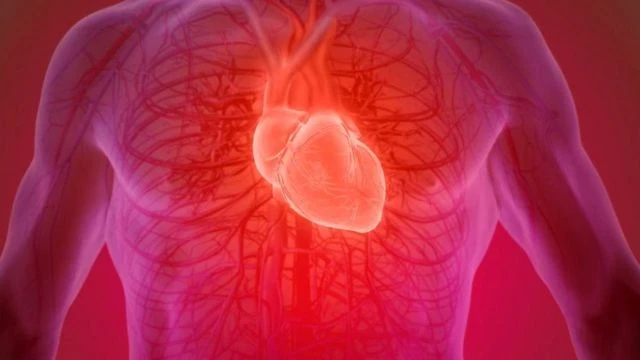



Salt is an essential mineral for humans, consisting of sodium and chlorine. It plays a crucial role in maintaining fluid and electrolyte balance, as well as in the functioning of the nervous system and muscles. However, excessive consumption can lead to problems with the cardiovascular system, kidneys, and high blood pressure. Therefore, experts recommend monitoring the amount of salt consumed. On this topic, Jazgul Turgumbaeva, a researcher at the National Institute of Public Health and an epidemiologist at the Center for Social and Environmental Health and Prevention, shared her opinion with the Kabar agency.

— Salt is a vital mineral that provides the body with sodium and chlorine to perform key biological functions. According to the World Health Organization (WHO), sodium is an important part of the daily diet, but its excess can increase the risk of strokes and other cardiovascular diseases, as well as premature death.
The main source of sodium is table salt; however, it can also be found in monosodium glutamate and some additives. The level of salt in the diet depends on culinary habits. It is present in foods such as milk, meat, and seafood, but most often comes from processed products, including bread, sausages, and sauces.
Moderate salt consumption is the key to a long and healthy life.
The role of salt in the body
Functions of salt in the human body:
- maintaining fluid and blood balance;
- aiding muscle contraction;
- participating in nerve impulse transmission;
- forming gastric juice, which supports digestion.

A prolonged absence of salt in the diet can lead to:
- hyponatremia — a decrease in sodium levels in the blood, which can cause dizziness, weakness, nausea, and even loss of consciousness;
- muscle cramps and weakness due to disruptions in nerve signal transmission;
- hypotension due to decreased fluid volume;
- general fatigue and headaches due to electrolyte deficiency.
Consequences of sodium and iodine deficiency
A lack of sodium can cause:
- decreased blood pressure,
- weakness, dizziness, loss of consciousness,
- seizures,
- in severe cases — brain swelling and epileptic seizures.
A deficiency of iodine, an important trace element, can lead to:
- endemic goiter (enlargement of the thyroid gland),
- delayed mental development in children,
- disruption of brain and nervous system formation in the fetus,
- risk of miscarriages and congenital defects.
According to WHO recommendations, salt consumption should not exceed 5 grams per day.
However, the average consumption worldwide is about 10.8 grams, which is double the norm.
Why is iodized salt necessary?
Iodized salt is a simple and effective way to compensate for iodine deficiency.
The daily iodine intake:
- for adults and adolescents — 150 mcg;
- for pregnant and breastfeeding women — 250 mcg;
- for children aged 6–12 years — 120 mcg.
The organization recommends enriching all table salt used in households and production with iodine.
As of 2021, 89% of households worldwide use iodized salt, which is a significant achievement in public health.

- up to 1 year — not recommended;
- 1–3 years — up to 2 g per day;
- 4–6 years — up to 3 g;
- older than 7 years — up to 4–5 g (like adults).
Excessive salt consumption is one of the key factors contributing to diet-related mortality.
Excess sodium increases the likelihood of:
- hypertension and stroke,
- kidney diseases (including stones and failure),
- stomach cancer,
- osteoporosis,
- edema and fluid retention.
WHO suggests several effective measures:
- reducing salt content in processed foods and during cooking;
- conducting educational campaigns about the harms of excess sodium;
- improving food labeling;
- gradually acclimatizing the population to less salty food.





























